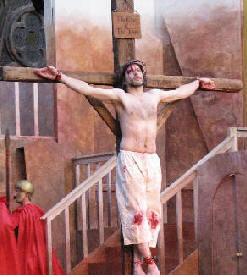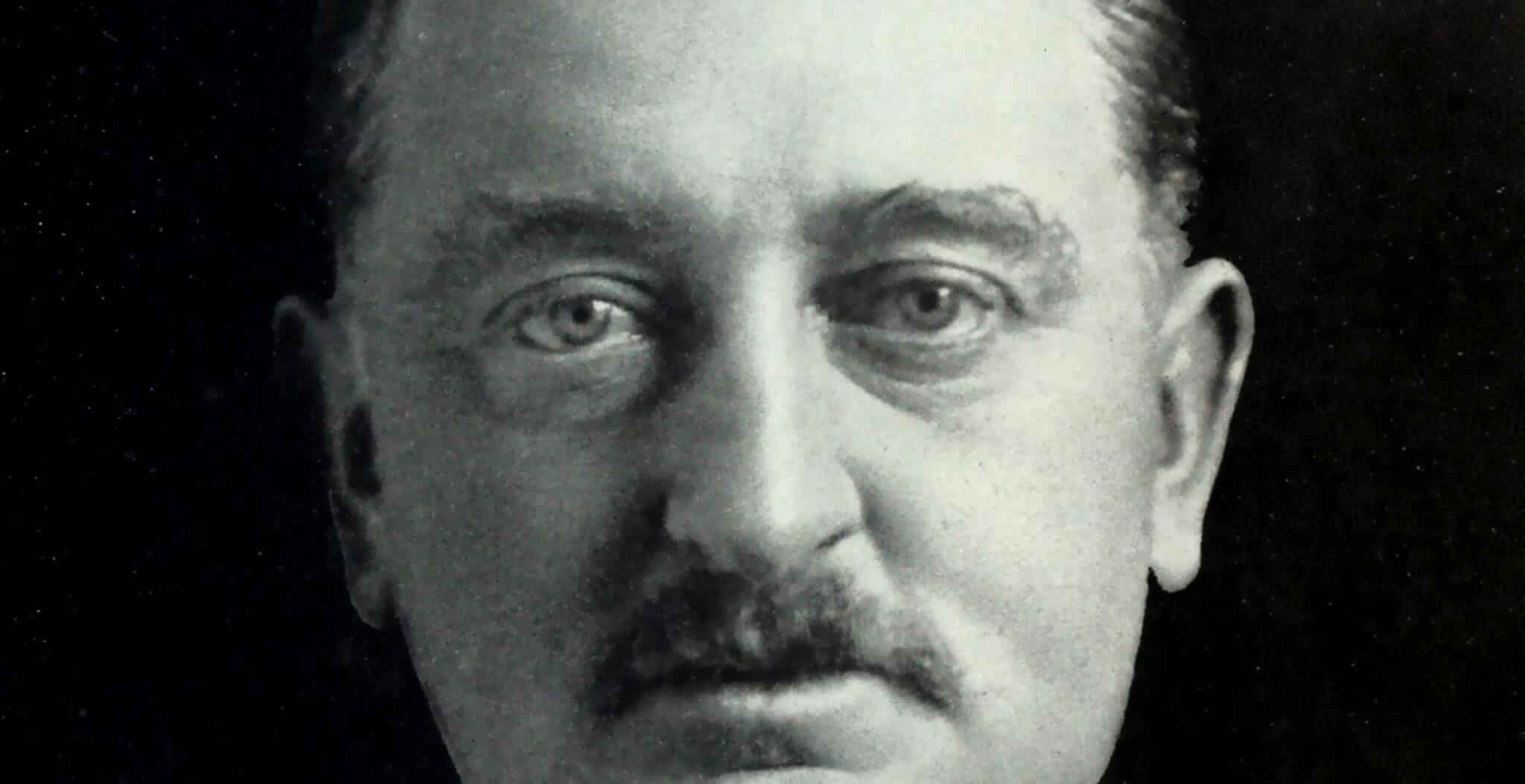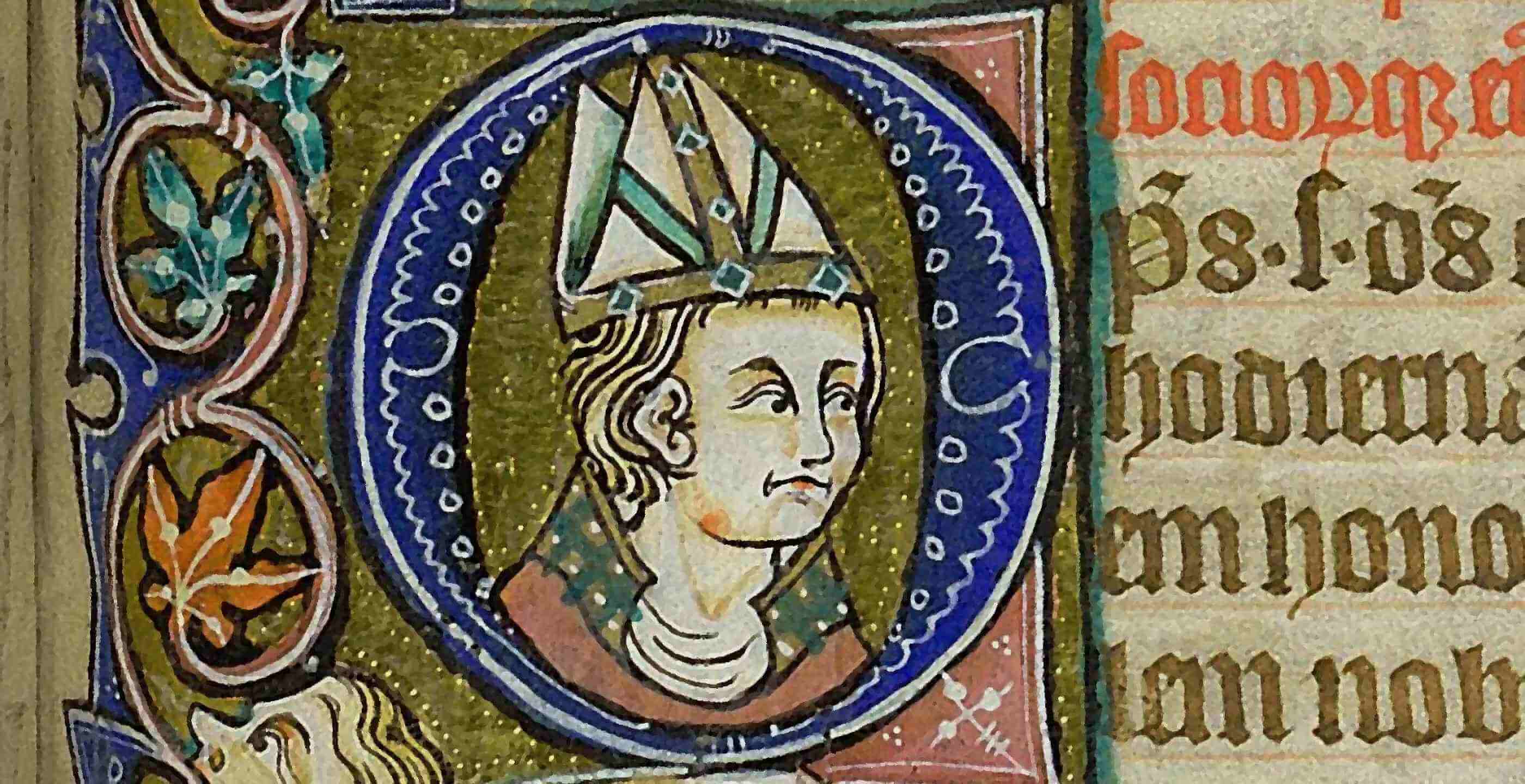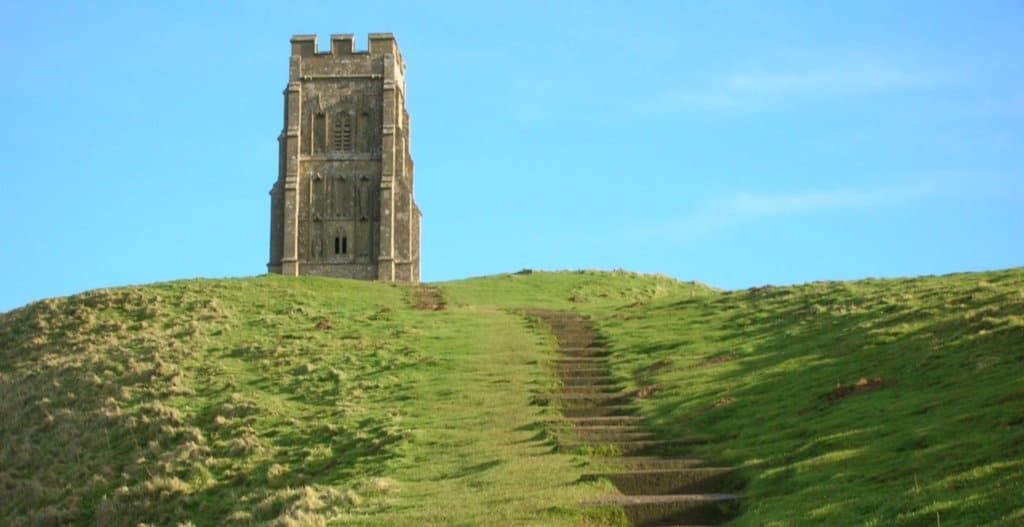The photo below is from the Mystery Plays at Chester Cathedral, a set of plays first enacted by medieval craftsmen and guildsmen in the 14th century. Nowadays they take place in early July every five years!
Readers should always check with local Tourist Information Centres (TIC’s) that events or festivals are actually taking place before setting out to attend.
Permanent dates in July
| 15th July | St Swithin’s Day | According to an ancient tradition, if it rains on St Swithin’s Day, it will rain for the next 40 days. The story began in the year 971, when the bones of St Swithin (who had died over 100 years before) were moved to a special shrine at Winchester Cathedral, and there was a terrific storm that lasted for 40 days. People said that the saint in heaven was weeping because his bones had been moved. | |
| 19th July | Little Edith’s Treat | Piddinghoe, Sussex | Children at Piddinghoe enjoy a special tea and sports on this day. The custom began in 1868, when a baby called Edith Croft died. Edith’s grandmother put up the money for a treat for the village children in Edith’s memory. |
| 20th July | St Margaret’s Day | Gloucestershire | St Margaret was once a very popular saint – she had the nick name of St Peg. People believed that doing honour to Peg would bring them God’s protection against illnesses and evil spirits. St Peg’s day was traditionally celebrated with a plum pudding called Heg Peg Dump. |
| 25th July | Ebernoe Horn Fair | Ebernoe, Sussex | A ram is roasted and a cricket match is played between Ebernoe and a nearby village. The ram’s horns are presented to the batsman who makes the most runs. |
| 31st July | Start of oyster season | It is said that if you eat oysters today, you’ll have plenty of money during the year to come. |

With kind permission & courtesy of Chester Mystery Plays
Flexible dates in July
| Various dates in July, checkout the details of these events at the Morris Ring website | Morris Dancing | At various locations | Regarded as an ancient tradition even in the reign of Elizabeth I, these ‘madde men’ with their ‘Devils dance’ were banned by the Puritans following the English Civil War. |
| During the month | Well Dressing | At various locations in Derbyshire including;
Bradlow, Buxton, Pilsley, West Hallam and Whitewell. |
|
| Date depends upon the tides | Doggett’s Coat and Badge Race. | River Thames, from London Bridge to Cadogan Pier | Thomas Doggett, an Irish actor and comedian, came to London around 1690. He eventually became manager of the Haymarket Theatre. Doggett initiated the race in 1715 between the Watermen of the Thames, who were then the equivalent of the modern taxi drivers. Watermen were licensed to row passengers along and across the River Thames.
A staunch Whig, Doggett funded the race to commemorate the accession to the throne of George I. Newly qualified Thames Watermen now race for the much prized Coat and Badge. |
| First Thursday after the 4th | Vintners’ Procession | City of London | Members of the Worshipful Company of Vintners (wine merchants) march through the City. At the front of the procession, two men in white smocks and top hats sweep the street with twig-brooms. The custom began in the days when London’s streets were covered with foul-smelling dirt, and the vintners did not want to slip in the mess! |
| Early in the month | International Music Eisteddfod | Llangollen, Wales | The National Eisteddfod of Wales is said to date back to 1176, when Lord Rhys invited poets and musicians from all over Wales to a grand gathering at his castle in Cardigan. A chair at the Lord’s table was awarded to the best poet and musician, a tradition that continues today in the modern Eisteddfod. Details of which can be found here. |
| First Saturday of the month | Rush-bearing | Great Musgrave and Ambleside, Cumbria | In the Middle Ages, before carpets, rushes were used as floor-covering. Many villages held a special summer ceremony when the rushes were harvested. In some villages, they made rush sculptures, called bearings, and carried these in a procession. Rush-bearings are still popular in Cumbria and other parts of north-west England |
| First Sunday of the month | Midsummer Bonfire | Whalton, Northumberland | Originally held on the old Midsummer’s Eve (4 July) and called the Whalton Bale. It refers to a great fire built on the green, “bale” being the Saxon word for fire. The accompanying festivities included Morris Men, sword dancing. fiddlers and pipers. |
| Early in the month, every five years, next in 2018 | Chester Mystery Plays | Chester Cathedral, Cheshire | The original texts represent the most complete of the few surviving English mystery plays. This famous series of dramatic stories drawn from the Bible, include the life of Christ from birth to crucifixion and resurrection.
The plays were first enacted by medieval craftsmen and guildsmen in 14th century Chester. In modern times the plays were revived in 1951. For more details visit www.chestermysteryplays.com |
| July every Leap Year | Dunmow Flitch | Great Dunmow, Essex | Couples convinced they can live in married bliss are invited to participate in the annual Dunmow Flitch Trials. This ancient folk ceremony takes place every four years. In the trials, married couples have to convince a jury that ‘in 12 month and a day’ they have ‘not wished themselves unmarried again’. Couples who satisfy the six maidens and a six bachelors of Dunmow, walk away with the ‘flitch’ – a side of bacon. Locals parade the victors shoulder-high through the streets. Legend claims that the trials date back to 1104, when the then lord of the manor, Reginald Fitzwalter, and his wife dressed themselves as paupers and begged for the Prior’s blessing one year after their wedding. So touched was the Prior by the couple’s display of devotion, that he presented them with a flitch of bacon. The Lord then unveiled his true identity and promised land to the priory on condition that any couple, who could display such devotion, should be similarly rewarded. It appears that by the middle of the fourteenth century the trials had become famous; in 1362, the poet William Langland referred to the trials in ‘Piers the Plowman’, and Chaucer mentions them in the Wife of Bath’s Tale. Now seven hundred years later thousands still flock to Dunmow to celebrate this tradition.The saying ‘to bring home the bacon’, meaning to prove your worth, is thought to have derived from these trials. For further information and the opportunity to stand trial visit www.dunmowflitchtrials.co.uk |
| Mid-month | Signor Pasquale Favale’s Bequest | Guildhall, City of London | Signor Pasquale Favale was an Italian who lived in the City of London. On his death in 1882 he bequeathed 18,000 Italian lira to the Corporation of London to provide marriage dowries to help ‘poor, honest and young’ women set up home.
In his will it stated that he had been ‘induced to make this bequest by the fact that his wife was a native of London and that he had passed many happy years of his life in that City.’ Over 100 years later the sum given to eligible brides is now worth £100. To be considered for the dowry, applicants need to have been born or have lived within the City of London boundaries. |
| Third week of the month | Swan Upping | River Thames, between Sunbury and Pangbourne | Two of the oldest London Guilds, the wine merchants and the Dyers, take to their boats to try to catch the swans on the Thames. All the swans on the river belong to the queen, except for those marked on their beaks, which belong to the Dyers and Vintners. “Upping” means turning the bird’s upside-down, to establish ownership of the cygnets by inspecting their parents. After swan-upping, the Dyers and Vintners settle down to a banquet of roast swan. The custom dates back to the 14th century. |
| First Thursday after the 25th | Blessing of the Boats | Whitstable, Kent | The start of oyster season is celebrated with the blessing of the fishing boats on St. Reeves’ Beach – an event dating back to at least the early 19th century. The history of Whitstable’s oysters, which the Romans consumed in huge quantities, is told in the local history museum on the High Street. www.whitstable-museum.co.uk |
We have taken great care in recording and detailing the festivals, customs and celebrations presented in our Folklore Year calendar, if however you consider that we have omitted any significant local event, we would be delighted to hear from you.
Related Links:The Folklore Year – January |





